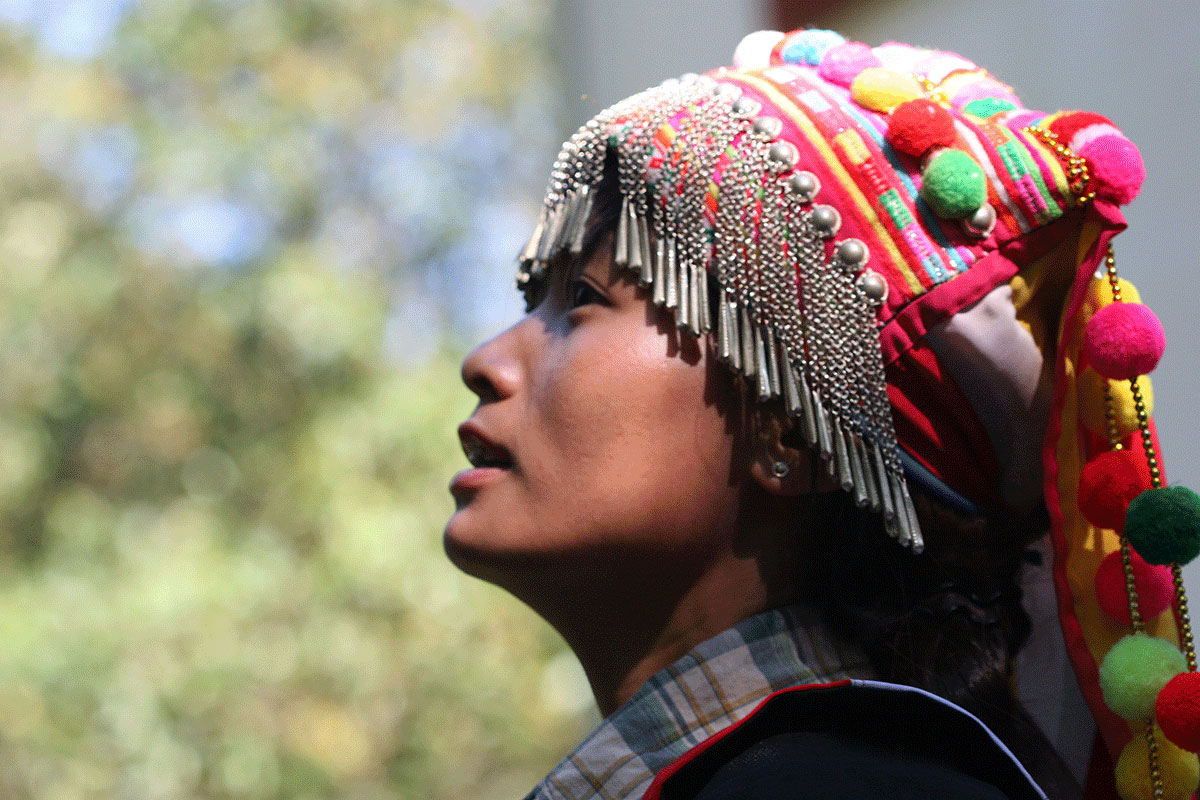Ecology is rarely a priority for politicians, but why should we expect them to do everything? Why complain that the environment does not play a big enough role in political debate or manifestos, and wait passively for things to change at the next elections? We expect politicians to do everything. What if we took matters into our own hands? In terms of the environment, our power is not limited to ticking a box on a ballot paper. Our purse, for example, represents a lot of power. If we don’t want a plastic bag, we can refuse one. If we don’t want a whole heap of packaging, we can refuse it. If we don’t want animal cruelty, we can start by eating less meat. Eat it a bit less often, and choose meat from animals that have enjoyed a healthy life, out of doors, raised by good farmers who care for their welfare. Or fish caught by conscientious fisherman, and not by trawlers that scoop up everything in their path and decimate the seas. We can buy fresh, seasonal produce; we can buy local whenever possible. We can buy from the producers themselves rather than from supermarkets. Each one of us has the power to help limit the often disastrous consequences of the food industry, which produces on such a large scale. We can avoid ready meals. We can stop buying pointless chemical products: people criticise farmer’ practices when they cover their own gardens with weed killers and fertilisers. We can recycle, we can reduce our consumption. We can compost, we can grow our own food. We can think as a community. We can help each other, give to others. We can upcycle, we can cycle. We can cook, we can keep animals. We can walk.
Ecology: what if we take matters into our own hands?
23 June 2017





